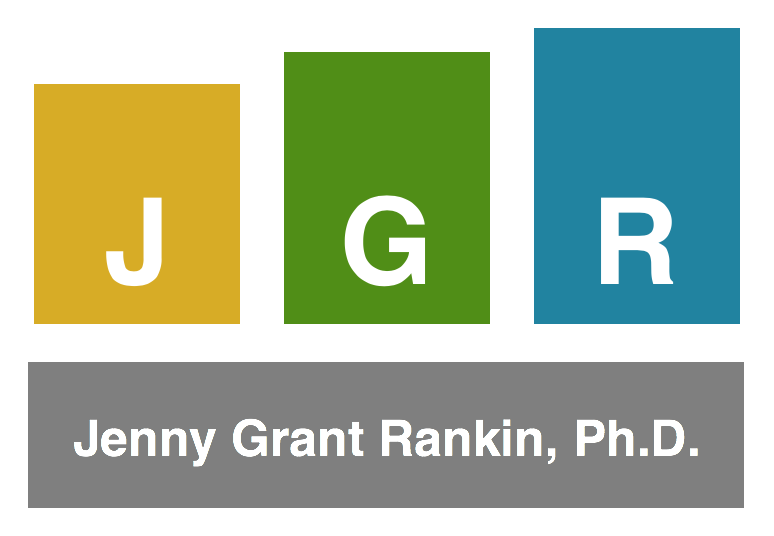I recently returned from attending and presenting at this year’s American Educational Research Association (AERA) Annual Meeting and National Council on Measurement in Education (NCME) Annual Meeting, which were held in conjunction in Washington, DC. A wealth of important research was shared at these conferences. Below I have listed important papers that contributed to dialogue concerning making data work for educators and other education stakeholders.
Access to these papers, in their entirety, will eventually be featured online. I’ve thus included links that can lead you to the complete papers once AERA and NCME post them in their respective online paper repositories. Here are categorized lists to put the work on your radar in the meantime.
Improved Design of Data Reports
The following papers were shared within an NCME session chaired by April Zenisky titled Thinking About Your Audience in Designing and Evaluating Score Reports:
Designing and Evaluating Score Reports for a Medical Licensing Examination by Amanda Clauser and Francis Rick
Evaluating Validity of Score Reports with Diverse Subgroups of Parents by Priya Kannan, Diego Zapata-Rivera, and Emily Leibowitz
Designing Alternate Assessment Score Reports: Implications for Instructional Planning by Amy Clark, Meagan Karvonen, and Neal Kingston
Interactive Score Reports: a Strategic and Systematic Approach to Development by Richard Tannenbaum, Priya Kannan, Emily Leibowitz, Ikkyu Choi, and Spyridon Papageorgiou
Data Systems and Reports as Active Participants in Data Analyses by Jenny Rankin
Improved Data Use
The following paper was shared within an AERA session titled Continuous Improvement Reforms for Student Achievement: Implementation and Impacts:
Professional Learning for Student-Involved Data Use by Jo Beth Jimerson, Vincent Cho, and Jeff Wayman
The following papers were shared within an AERA session titled Advancing the Practice of Using Assessment Data for Instructional Improvements in K-12 Settings:
Designing Rubrics to Assess Information Literacy Skills in Naturalistic Classroom Settings in Hong Kong by Yeung Lee
Do Schools in Challenging and More Advantageous Circumstances Differ in Terms of Data Use? by Denise Demski, Isabell Van Ackeren, and Kathrin Racherbäumer
Data Literacy: Are Teachers Prepared? by Whitney Elaine Wall Bortz and Jeananne Knies
Learning-Centered Leadership: An Evidence-Based Pedagogical Synergy Model for Promoting Data Use in High Schools by Sigal Reinders Kafri and Haggai Kupermintz
Making Data "Over-the-Counter" Helps Educators Understand Data by Jenny Rankin
Formative Assessment in the Age of Accountability: Practitioner Perspectives on a Statewide Kindergarten Entry Assessment by Angela Ferrara, Richard G. Lambert, Pamela L. Shue, Priscila G. Baddouh, and Monique Nicoleau
Data Visualization
These papers were shared within a session titled Learning with Static and Dynamic Visualizations:
Construction Knowledge From Interactive Visualizations: How Comprehension of Complex Relations Influences Representational Choice by Ulrich Ludewig, Erica de Vries, Neil H. Schwartz, Neil Garrett Jacobson, Amy Rae Fox, and Savannah Loker
Separated and Integrated Formats of Information Presentation in Multimedia Learning and the Expertise Reversal Effect by Joerg Zumbach, Stephanie Moser, and Ines Deibl
All papers listed here can help to inform making data “over-the-counter” (meaning easy to understand and use) for educators. Many thanks to AERA and NCME for offering venues where educators and researchers can contribute to the dialogue of improved education data reporting and data use.
Visit www.jennyrankin.com/subscribe to subscribe to this blog.


